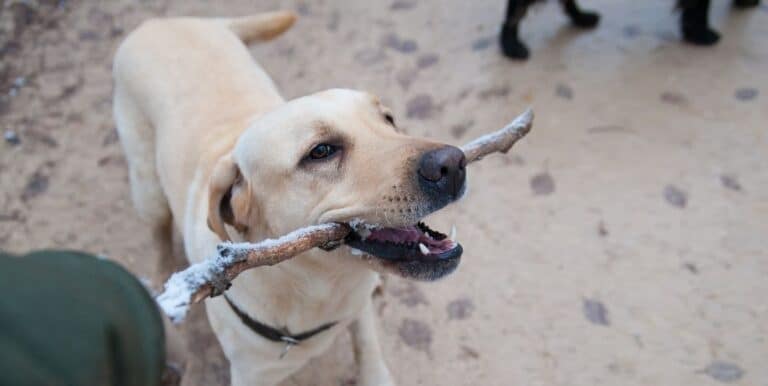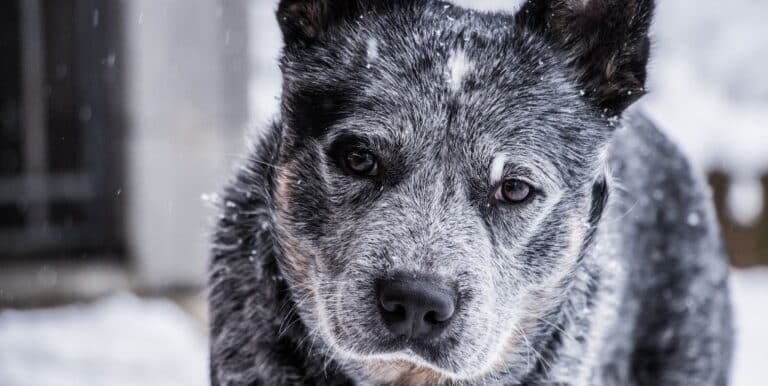What is a Dog DNA Test?
Millions of people have welcomed four legged friends into the family, in particular, the cuddly mutt. While a lot can be said for a purebred’s beauty and grace, mutts are often healthier overall with fewer temperamental problems. This desirable tendency results from breeding within a larger genetic pool where there are fewer chances for unfavorable genes…










